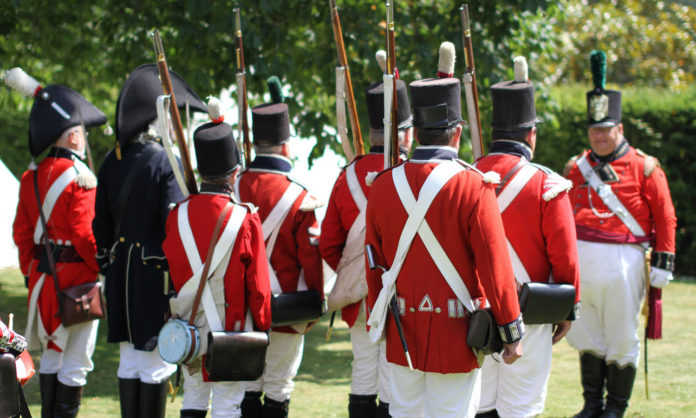
In a post on the Writers Helping Writers blog, E.C. Ambrose shares her advice on turning a passion for history into a great story.
“Some of the most compelling fiction arises out of the writer’s engagement with a narrow aspect of history,” Ambrose writes. “Many authors come to historical fiction because of a personal connection to a distant time and place, and their writing explores the experiences of people who lived in that milieu.”
So how do you turn your geek interest into something others want to read? Ambrose says you should start by defining what excites you most about your niche. Is it the setting, the people, the social environment, an event, or some cultural shift? “Capture this excitement in a brief statement to guide the choices you make as you brainstorm narrative ideas,” Ambrose suggests. “If you’re developing a counterfactual or supernatural story, be sure to integrate that direction.”
She also suggests a few questions to guide your planning:
- Where is the most striking conflict in this concept? Are you imagining a personal conflict that might work as a short story focusing on a few characters? Or a sweeping historical event that needs the space and cast of a novel?
- Who has the most to gain or lose in your concept? This question suggests who you need to include in your cast. A war story requires leaders, officers, troops, and possibly families and bystanders. Even within a larger story, work out what your characters have to gain or lose. How do they relate to each other or illuminate different sides of a larger conflict? Ambrose also suggests looking for stories that haven’t been told, and new points of view on historical events.
- What aspects of the milieu are most critical for readers to understand the concept and story? “Lectures, backstory and summary are the bane of historical narratives,” Ambrose writes. “Instead, look for ways to embed historical details and context into scenes, through what characters experience, do, or understand.”
- What expectations will readers already have about this concept? Reader expectations can add or detract from your story, Ambrose warns. “If your work contradicts reader expectations, either because it’s a counterfactual or fantastical narrative, or because those expectations are flawed, you’ll need to carefully frame the contradictions to draw the reader closer rather than losing their trust because the author appears to have their facts wrong,” Ambrose writes.











